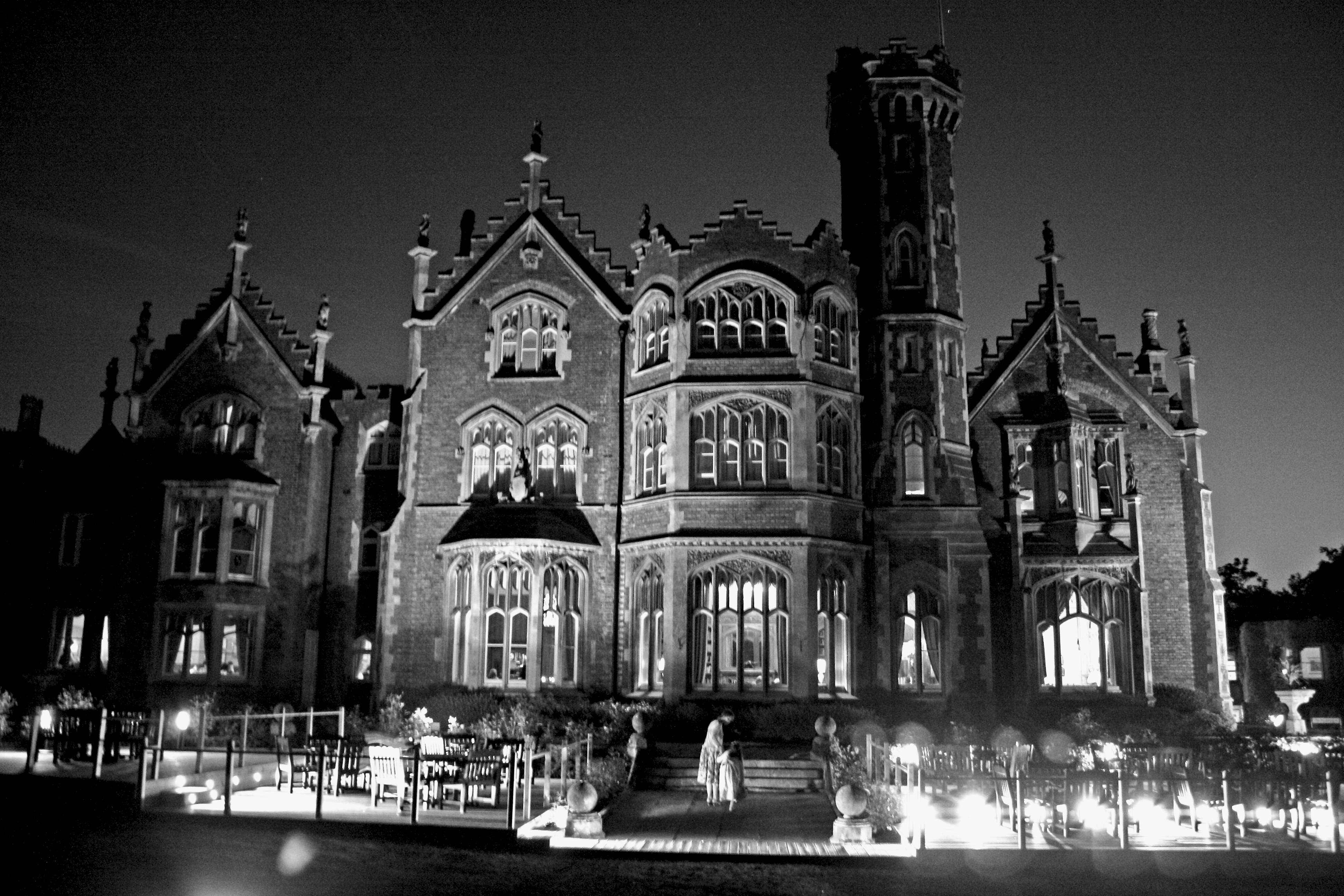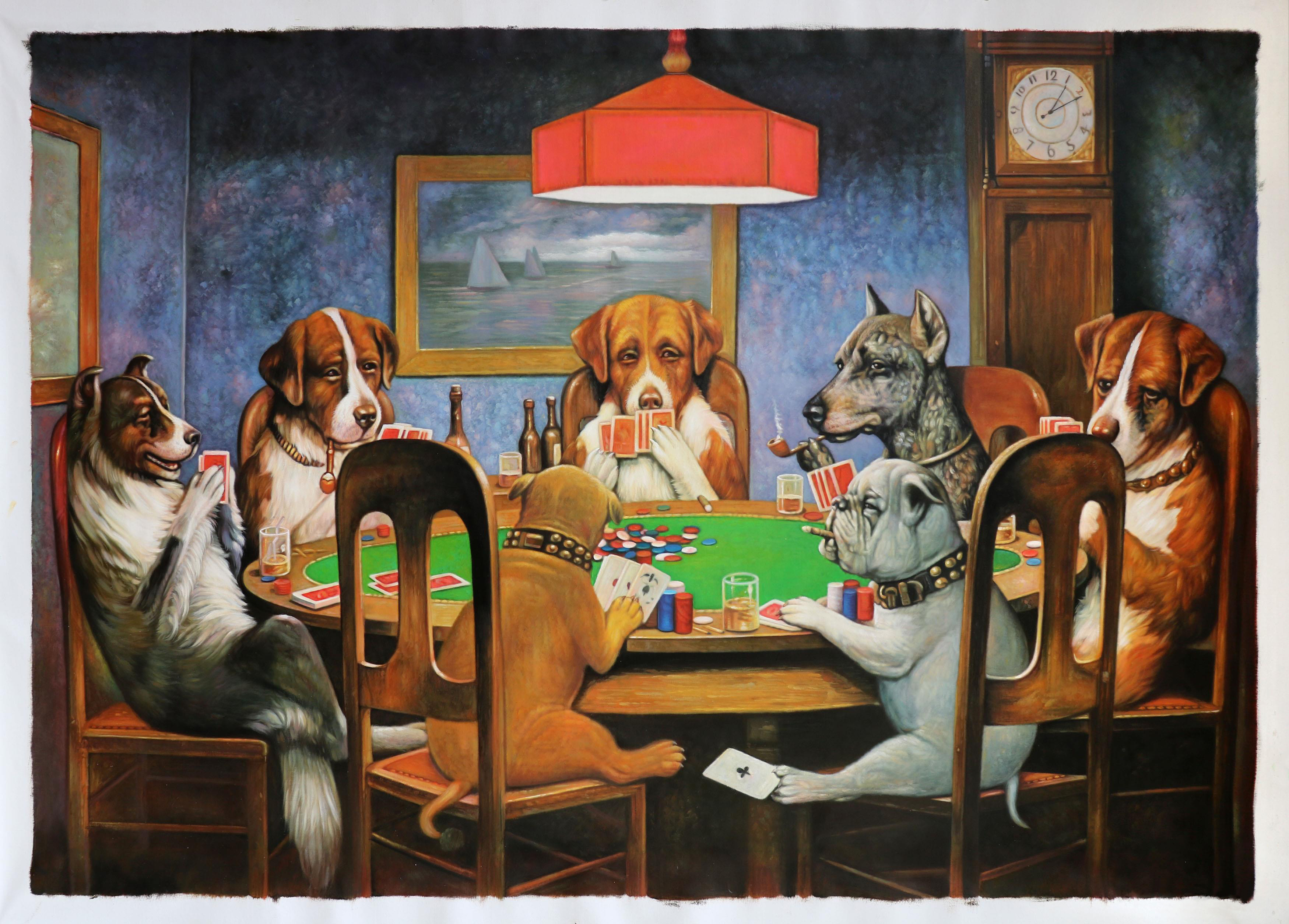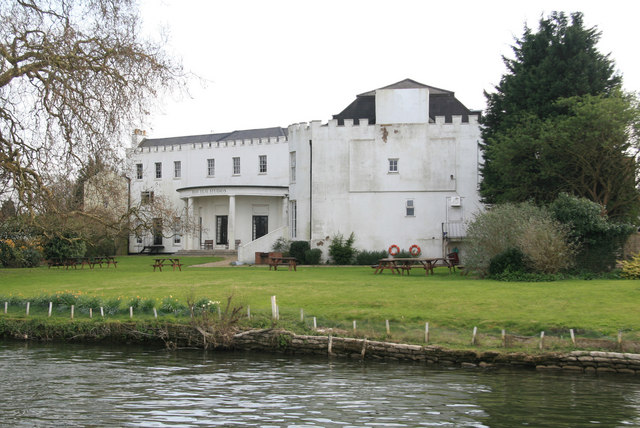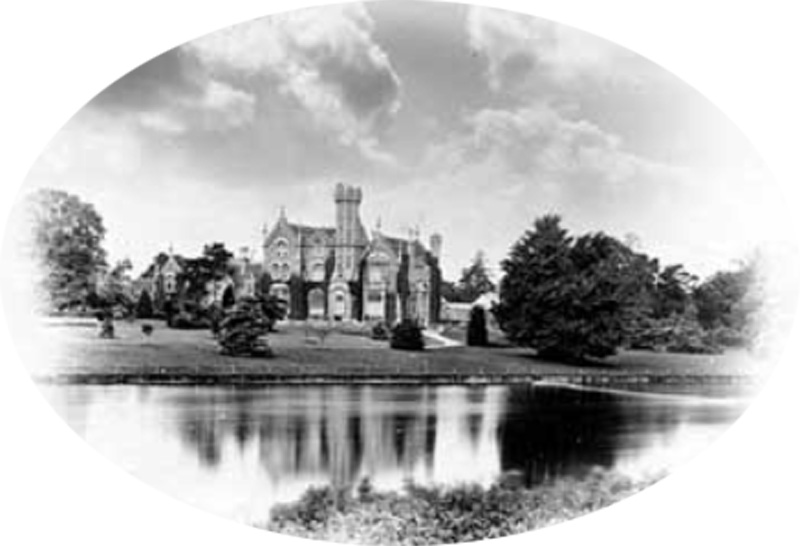|
The Rocky Horror Picture Show
''The Rocky Horror Picture Show'' is a 1975 Musical film, musical comedy horror film by 20th Century Fox, produced by Lou Adler and Michael White (producer), Michael White and directed by Jim Sharman. The screenplay was written by Sharman and actor Richard O'Brien, who is also a member of the cast. The film is based on the 1973 Musical theatre, musical stage production ''The Rocky Horror Show'', with music, book, and lyrics by O'Brien. The production is a tribute to the Science fiction film, science fiction and horror B movies of the 1930s through to the early 1960s. Along with O'Brien, the film stars Tim Curry, Susan Sarandon, and Barry Bostwick and is narrated by Charles Gray (actor), Charles Gray, with cast members from the original Royal Court Theatre, Roxy Theatre (West Hollywood), Roxy Theatre, and Belasco Theatre productions, including Nell Campbell and Patricia Quinn (Northern Irish actress), Patricia Quinn. The story centres on a young engaged couple whose car breaks ... [...More Info...] [...Related Items...] OR: [Wikipedia] [Google] [Baidu] |
Jim Sharman
James David Sharman (born 12 March 1945) is an Australian director and writer for film and stage with more than 70 productions to his credit. He is renowned in Australia for his work as a theatre director from the 1960s to the present, and is best known internationally as the director of the 1973 theatrical hit ''The Rocky Horror Show'', its film adaptation ''The Rocky Horror Picture Show'' (1975) and the film's follow-up, ''Shock Treatment'' (1981). Life and career Sharman was born in Sydney, the son of boxing tent impresario and rugby league player James Michael "Jimmy" Sharman Jr. (1912–2006) and Christina McAndleish Sharman ( Mirchell; 1914–2003). He was educated in Sydney, though his upbringing included time spent on Australian showgrounds, where his father ran a travelling sideshow of popular legend, founded by his own father, called "Jimmy Sharman's Boxing Troupe". This brought him into contact with the world of circus and travelling vaudeville. Developing an interes ... [...More Info...] [...Related Items...] OR: [Wikipedia] [Google] [Baidu] |
Science Fiction Film
Science fiction (or sci-fi) is a film genre that uses speculative, fictional science-based depictions of phenomena that are not fully accepted by mainstream science, such as extraterrestrial lifeforms, spacecraft, robots, cyborgs, interstellar travel, time travel, or other technologies. Science fiction films have often been used to focus on political or social issues, and to explore philosophical issues like the human condition. The genre has existed since the early years of silent cinema, when Georges Melies' '' A Trip to the Moon'' (1902) employed trick photography effects. The next major example (first in feature length in the genre) was the film ''Metropolis'' (1927). From the 1930s to the 1950s, the genre consisted mainly of low-budget B movies. After Stanley Kubrick's landmark '' 2001: A Space Odyssey'' (1968), the science fiction film genre was taken more seriously. In the late 1970s, big-budget science fiction films filled with special effects became popular with ... [...More Info...] [...Related Items...] OR: [Wikipedia] [Google] [Baidu] |
Kitsch
Kitsch ( ; loanword from German) is a term applied to art and design that is perceived as naïve imitation, overly-eccentric, gratuitous, or of banal taste. The avant-garde opposed kitsch as melodramatic and superficial affiliation with the human condition and its natural standards of beauty. In the first half of the 20th century, kitsch referred to products of pop culture that lacked the depth of fine art. However, since the emergence of Pop Art in the 1950s, kitsch is sometimes re-appreciated in knowingly ironic, humorous or earnest fashion. To brand visual art as "kitsch" is often still pejorative, though not exclusively. Art deemed kitsch may be enjoyed in an entirely positive and sincere manner. For example, it carries the ability to be quaint or "quirky" without being offensive on the surface, as in the '' Dogs Playing Poker'' paintings. Kitsch can refer to music, literature, or any work, and relates to camp, as they both incorporate irony and extravaga ... [...More Info...] [...Related Items...] OR: [Wikipedia] [Google] [Baidu] |
Theatrical Property
A prop, formally known as (theatrical) property, is an object used on stage or screen by actors during a performance or screen production. In practical terms, a prop is considered to be anything movable or portable on a stage or a set, distinct from the actors, scenery, costumes, and electrical equipment. Term The earliest known use of the term "properties" in English to refer to stage accessories is in the 1425 CE morality play, '' The Castle of Perseverance''. The ''Oxford English Dictionary'' finds the first usage of "props" in 1841, while the singular form of "prop" appeared in 1911. During the Renaissance in Europe, small acting troupes functioned as cooperatives, pooling resources and dividing any income. Many performers provided their own costumes, but other items such as stage weapons or furniture may have been acquired specially and considered "company property". Eric Partridge ''Origins: A Short Etymological Dictionary of Modern English: Second Edition''. Random H ... [...More Info...] [...Related Items...] OR: [Wikipedia] [Google] [Baidu] |
Hammer Film Productions
Hammer Film Productions Ltd. is a British film production company based in London. Founded in 1934, the company is best known for a series of Gothic horror and fantasy films made from the mid-1950s until the 1970s. Many of these involve classic horror characters such as Baron Victor Frankenstein, Count Dracula, and the Mummy, which Hammer reintroduced to audiences by filming them in vivid colour for the first time. Hammer also produced science fiction, thrillers, film noir and comedies, as well as, in later years, television series. During its most successful years, Hammer dominated the horror film market, enjoying worldwide distribution and considerable financial success. This success was, in part, due to its distribution partnerships with American companies United Artists, Warner Bros., Universal Pictures, Columbia Pictures, Paramount Pictures, 20th Century Fox, Metro-Goldwyn-Mayer, American International Pictures and Seven Arts Productions as well as fellow Eur ... [...More Info...] [...Related Items...] OR: [Wikipedia] [Google] [Baidu] |
Oakley Court
Oakley Court is a Victorian Gothic country house set in overlooking the River Thames at Water Oakley in the civil parish of Bray in the English county of Berkshire. It was built in 1859 and is currently a hotel. It is a Grade II* listed building that has been often used as a film location. Overview The Court was built in 1859 for Sir Richard Hall Say who married Ellen Evans of Boveney Court in 1857. He was appointed High Sheriff of Berkshire in 1864 and Justice of the Peace in 1865. In 1874 Oakley Court was sold to Lord Otho FitzGerald, then to a John Lewis Phipps and in 1900 to Sir William Beilby Avery of Avery Scales. In 1919 Ernest Olivier purchased the property together with of Berkshire woodland for £27,000. Sir Richard Hall-Say Richard Hall-Say built Oakley Court in 1859 two years after his marriage. He was born as Richard Hall in 1827. His father was Richard Hall, a merchant, but it was his mother Harriet Say that brought to him his great wealth. She was t ... [...More Info...] [...Related Items...] OR: [Wikipedia] [Google] [Baidu] |
Bray Studios (UK)
Bray Studios is a British film and television facility in Water Oakley near Bray, Berkshire. It is best known for its association with Hammer Film Productions. History Down Place Down Place, a large Thamesside house in the Berkshire hamlet of Water Oakley, was built in the 1750s for Richard Tonson, the Member of Parliament for Windsor and relative of publisher Jacob Tonson. After Tonson's death in 1772, the house was owned by the Dukes of Argyll and subsequently by John Barker Church. A later owner, Mr Hudleston, sold the property to Henry Harford in around 1807. The Harford family continued to occupy the house at the time of the 1901 census. At some point after this, the house was vacated except for the west wing where the Davies family resided. Subsequently, the main building largely fell into dereliction. Hammer Film Productions (1951–1970) In 1951, Hammer Film Productions bought Down Place, a location they had used in 1950 to film '' The Dark Light''. The pre ... [...More Info...] [...Related Items...] OR: [Wikipedia] [Google] [Baidu] |
Transvestism
Transvestism is the practice of dressing in a manner traditionally associated with the opposite sex. In some cultures, transvestism is practiced for religious, traditional, or ceremonial reasons. The term is considered outdated in Western cultures, especially when used to describe a transgender or gender-fluid person. History Though the term was coined as late as the 1910s by Magnus Hirschfeld, the phenomenon is not new. It was referred to in the Hebrew Bible. Being part of the homosexual movement of Weimar Germany in the beginning, a first transvestite movement of its own started to form since the mid-1920s, resulting in founding first organizations and the first transvestite magazine, ''Das 3. Geschlecht''. The rise of Nazism stopped this movement from 1933 onwards. Terminology The word has undergone several changes of meaning since it was first coined and is still used in a variety of senses. Today, the term ''transvestite'' is commonly considered outdated and derogat ... [...More Info...] [...Related Items...] OR: [Wikipedia] [Google] [Baidu] |
Mad Scientist
The mad scientist (also mad doctor or mad professor) is a stock character of a scientist who is perceived as " mad, bad and dangerous to know" or " insane" owing to a combination of unusual or unsettling personality traits and the unabashedly ambitious, taboo or hubristic nature of their experiments. As a motif in fiction, the mad scientist may be villainous (evil genius) or antagonistic, benign, or neutral; may be insane, eccentric, or clumsy; and often works with fictional technology or fails to recognise or value common human objections to attempting to play God. Some may have benevolent intentions, even if their actions are dangerous or questionable, which can make them accidental antagonists. History Prototypes The prototypical fictional mad scientist was Victor Frankenstein, creator of his eponymous monster, who made his first appearance in 1818, in the novel '' Frankenstein, or the Modern Prometheus'' by Mary Shelley. Though the novel's title character, Victor Fra ... [...More Info...] [...Related Items...] OR: [Wikipedia] [Google] [Baidu] |
Patricia Quinn (Northern Irish Actress)
Patricia Quinn, Lady Stephens (born 28 May 1944) is an actress and singer from Northern Ireland. She is best known for her role as Magenta in the 1975 film ''The Rocky Horror Picture Show,'' and the original stage play from which it was adapted. She appeared as Dr. Nation McKinley in the 1981 film ''Shock Treatment''. In 2012, Quinn played the role of Megan in ''The Lords of Salem''. Early life Quinn was born in Belfast, Northern Ireland, to James Connolly Quinn, a bookmaker, and his wife Rebecca. She attended the Princess Gardens Grammar School, where she developed an early talent for acting. Following stints at Belfast's Arts Theatre and British Drama League, she left for London aged 17. In 1969, she trained at the Drama Centre London while simultaneously working as a blackjack-dealing Bunny at the Playboy Club in Mayfair. In 1971, she was in repertory for six months with the Citizens Theatre in Glasgow. Career Quinn is known primarily for her role as Magenta in ''Th ... [...More Info...] [...Related Items...] OR: [Wikipedia] [Google] [Baidu] |
Nell Campbell
Laura Elizabeth Campbell (born 24 May 1953), better known as Nell Campbell or by her stage name Little Nell, is an Australian actress, singer, and former club owner. She is best known for her role as Columbia in the 1975 film '' The Rocky Horror Picture Show'', and the original stage play from which it was adapted. Campbell released her EP, ''The Musical World of Little Nell (Aquatic Teenage Sex & Squalor)'', through A&M Records in 1978. She appeared as Nurse Ansalong in the 1981 film '' Shock Treatment''. Early life Campbell was born in Sydney, to Ruth and Ross Campbell. Ross, a writer, Note: n-lineversion established at White Room Electronic Publishing Pty Ltd in 2007 and was expanded from the 2002 edition. referred to her as "Little Nell" (after a character in Charles Dickens' ''The Old Curiosity Shop'') in his family life column in the ''Sydney Daily Telegraph''. She grew up with three siblings: Sally, Patrick, and Cressida. Elder sister Sally was a property master, a set ... [...More Info...] [...Related Items...] OR: [Wikipedia] [Google] [Baidu] |
Belasco Theatre
The Belasco Theatre is a Broadway theater at 111 West 44th Street, between Seventh Avenue and Sixth Avenue, in the Theater District of Midtown Manhattan in New York City. Originally known as the Stuyvesant Theatre, it was built in 1907 and designed by architect George Keister for impresario David Belasco. The Belasco Theatre has 1,016 seats across three levels and has been operated by The Shubert Organization since 1948. Both the facade and interior of the theater are New York City landmarks. The main facade on 44th Street is made of red brick in Flemish bond, with terracotta decorative elements. The ground floor contains the entrance, while the upper stories are asymmetrical and topped by a pediment. Belasco and his company had their offices in the western wing of the theater. A ten-room duplex penthouse apartment occupies the top of the eastern wing and contained Belasco's collection of memorabilia. The interior features Tiffany lighting and ceiling panels, rich woodwork, ... [...More Info...] [...Related Items...] OR: [Wikipedia] [Google] [Baidu] |





_-_n._0923_-_da_-_Amore_e_arte%2C_p._32.jpg)


